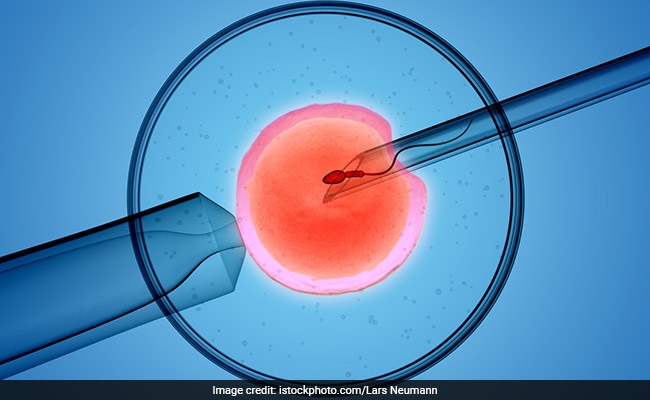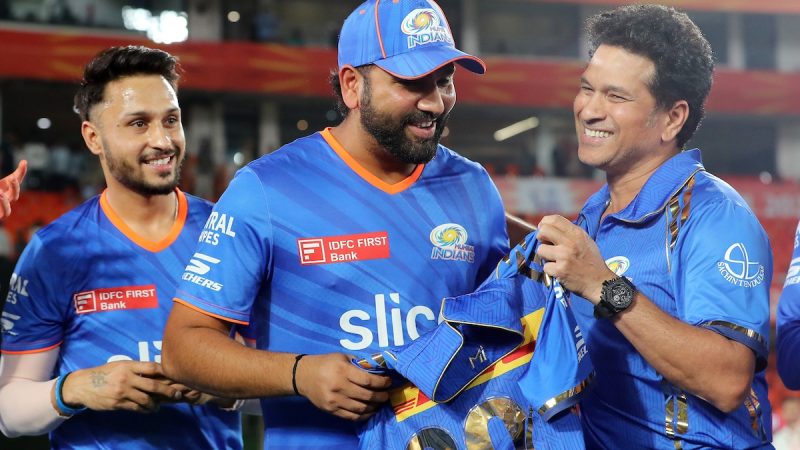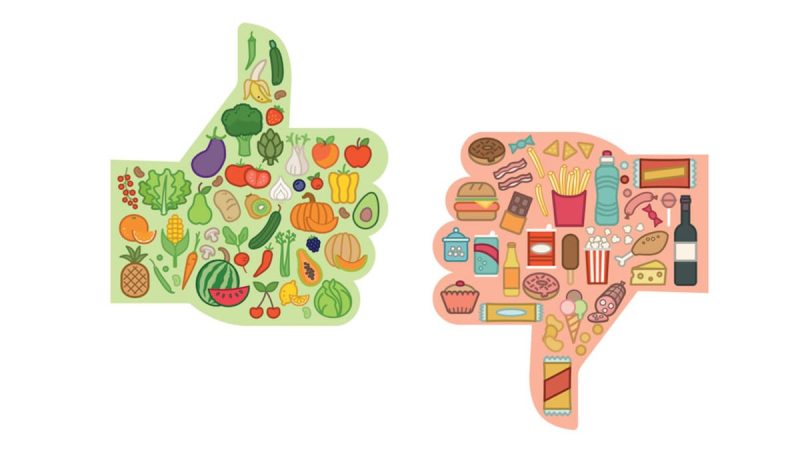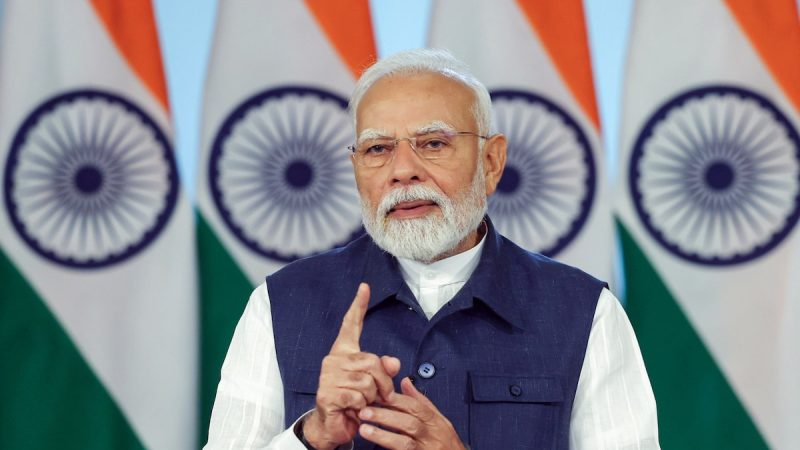IVF Vs. IUI: Expert Underlines Key Differences

Use of IUI versus IVF would depend on several factors such as age, diagnosis, duration of being infertile, and the economy.

Consulting a fertility specialist is necessary to determine the best approach to treatment for your case
Two of the well-used treatments for infertility-IUI and IVF-each have diverse approaches depending on your own individual medical history, diagnosis, and unique qualities.
IUI
Intrauterine Insemination, or IUI, is normally the initial course of action in a couple diagnosed with unexplained infertility, slight male factor infertility, or mucus disorder in the cervix. With an IUI procedure, washed and concentrated sperm is inserted into the uterus at ovulation. This maximises the likelihood of sperm reaching and fertilising the egg. IUI is less invasive and less costly than IVF, and typically less medication is needed. Cycle success rates are lower than IVF, though, at 10-20% depending on age and condition. Most couples take more than one cycle to become pregnant, and it can prove to be emotionally and financially demanding in the long run.
IVF
In Vitro Fertilisation (IVF) involves the removal of eggs from ovaries, insemination of eggs with sperm in the laboratory, and transfer of a resultant embryo into the uterus. IVF applies to patients having blocked fallopian tubes, severe male infertility, endometriosis, or when other therapy has failed. Although more costly and intrusive, IVF is more likely to succeed, particularly in women under the age of 35. Technologies like genetic testing and freezing embryos also render IVF a flexible treatment for most. These technologies enable couples to improve their odds of a healthy pregnancy, prevent genetic illness, and plan for future family expansion.
Use of IUI versus IVF would depend on several factors such as age, diagnosis, duration of being infertile, and the economy. Young people with fewer fertility complications are perhaps best served by beginning with IUI. Others with more significant fertility complications or older people could try skipping the expense of IUI and proceeding straight to IVF in the expectation of greater success. Patients with time-sensitive fertility concerns, such as diminished ovarian reserve, may also benefit from moving directly to IVF.
Finally, consulting a fertility specialist is necessary to determine the best approach to treatment for your case. Individualised treatment, informed choice, and emotional support are critical to confidently navigating your fertility process. Also, support groups or counselling may be helpful, as the psychological impact of infertility and its treatment can be profound. Proactive measures, self-education, and relying on professional advice can turn a difficult experience into a brighter one.
(Dr. Puneet Rana Arora, Gynaecologist & IVF Expert, CIFAR, Gurugram)
Disclaimer: The opinions expressed within this article are the personal opinions of the author. NDTV is not responsible for the accuracy, completeness, suitability, or validity of any information on this article. All information is provided on an as-is basis. The information, facts or opinions appearing in the article do not reflect the views of NDTV and NDTV does not assume any responsibility or liability for the same.






